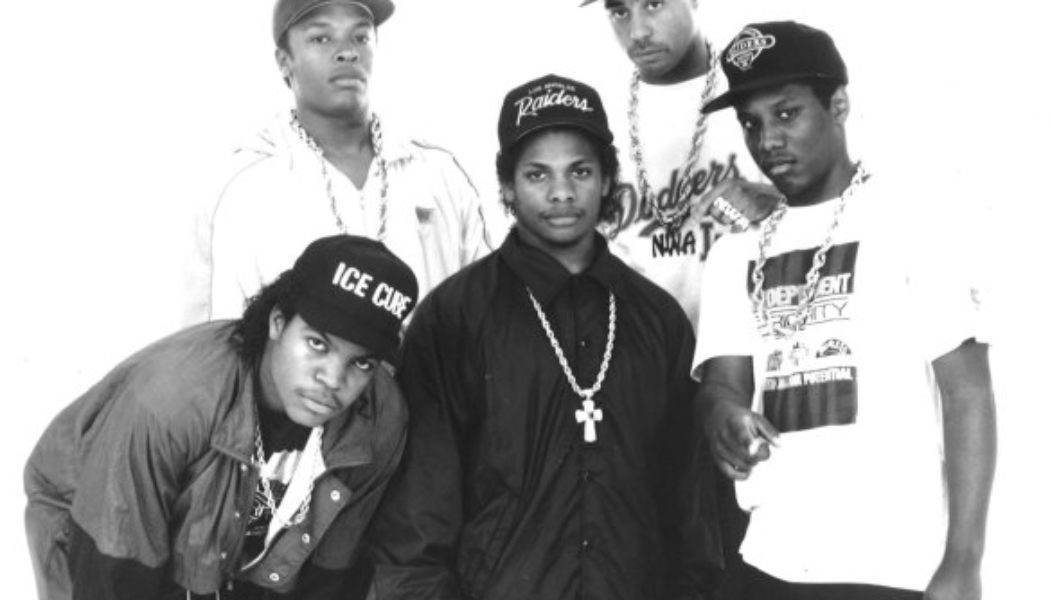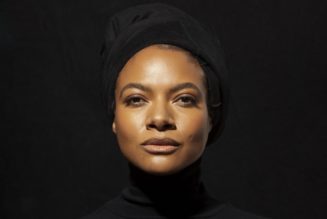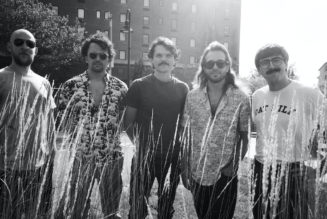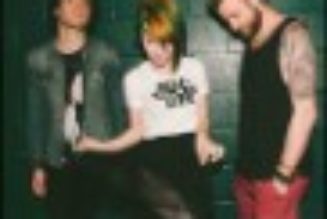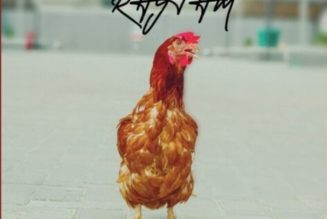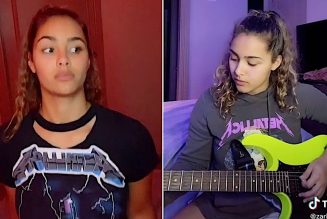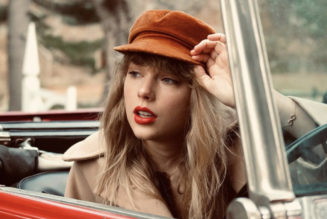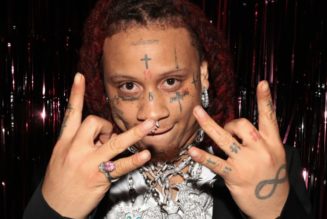While conservatives have spent the last half a decade arguing that the debate over free speech in Australia should focus on their right to say the n-word and denigrate marginalised communities without fear of ‘cancellation’, the real battle over freedom of expression has been playing out on the streets of western Sydney.
NSW Police have been waging a war against hip-hop, in scenes that are reminiscent of Footloose, the moral panic around rock’n’roll in the 1950s, and the racist campaign targeting NWA in the early 1990s. Citing the so-called “postcode wars” and alleged connections between certain hip-hop groups based in western Sydney and criminal activity, police have prevented some of the biggest local acts in the country from playing gigs, associating with one another, and have even threatened to have their music taken down from streaming platforms.
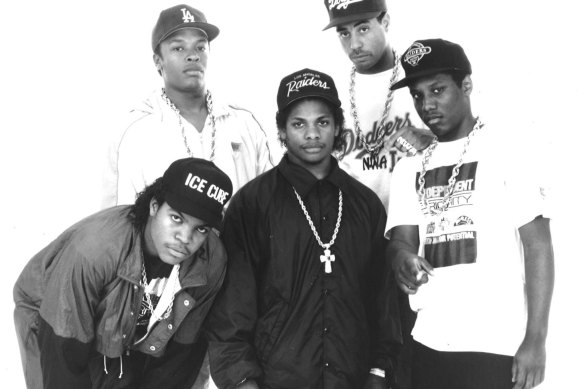
N.W.A were regularly targeted by politicians and the police.Credit:N.W.A
The campaign against hip-hop reached absurd new heights this week with the announcement that all forms of rap music would be banned from the Royal Easter Show, in an apparent attempt to “deter criminal youth groups” following the fatal stabbing of a 17-year-old at last year’s show.
“If you look at the psychology of music, and you look at what happens overseas, at railway stations and shopping centres, there is scientific fact of the type of music that is played actually predicts somebody’s behaviour,” the show’s general manager said. It’s a ridiculous statement that seemingly equates listening to hip-hop, the most popular music genre in the world right now, with an increased likelihood to comment violence.
There is precisely zero “scientific” basis for the assertion, which is reminiscent of the moral panic that swept through the US when rock’n’roll started to become more popular. In the 1950s even Elvis was banned from performing in certain towns after his music was accused of promoting juvenile delinquency. Similar claims have plagued hip-hop since its rise in the 1980s. Run DMC, NWA and Tupac Shakur were all famously targeted by police, the media, and conservative activists for their music.
In the US now, those campaigns are widely regarded as being rooted in racist stereotyping and a police culture that disproportionately targets the Black community. Hip-hop is now well and truly part of the mainstream, with former criminals-turned-rappers rubbing shoulders with presidents. Allegations that hip-hop music promotes violence also seem to confuse the causal relationship between the two. As one scholar put it, “It’s as if politicians and police don’t understand that the music emerging from these places is a reflection of crisis, not the source of it”.
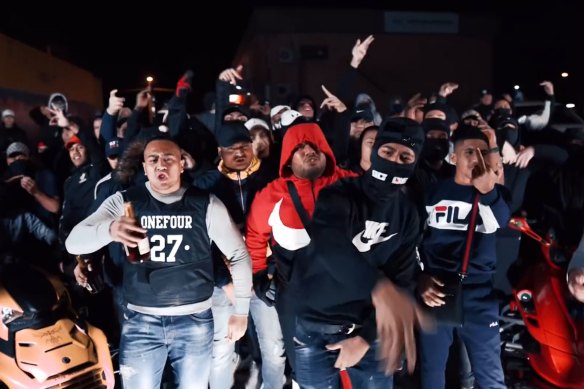
Western Sydney drill crew OneFour have regularly been targeted by police and prevented from performing.Credit:YouTube
What’s particularly frustrating about the simplistic argument that making, performing, or listening to hip-hop leads to an increase in violence is that Australia is having the same debate the US had nearly four decades ago, but seemingly without learning any of the lessons. The language used by NSW police to justify the Easter Show hip-hop ban is so hilariously disconnected from reality that it would have been mocked even during the 1980s and 90s.
NSW Police Assistant Commissioner Stuart Smith said that “rapper-type” music was being used to recruit “youths” into criminal bikie gangs and a “life of crime”.
“The Comanchero bikie gang last year, particularly and proactively procured youths through rapper music,” he said. “They hired a fellow … and through rapper music investment they procured a significant youth gang problem to carry out violent crime.”
It can’t be overstated how ridiculous these statements sound. “Rapper-type” music? Are we talking about Sydney sensation The Kid Laroi, the boring to the point of inane Jack Harlow, or the time Taylor Swift gave us her own posse cut on Reputation? And how exactly does a bikie gang “procure youths through rapper music”? By offering free Spotify subscriptions?
The saddest part of this campaign by NSW police is that it almost, on accident, identifies the problem. There are marginalised young people in western Sydney, growing up in suburbs that have been denigrated by politicians, police, and the media, who come from migrant backgrounds and are often told they will amount to nothing. That lack of opportunity combined with over-policing and poorly funded social services can create the kind of conditions where crime thrives, and criminal enterprises find willing recruits.
Hip-hop music, whether it’s from Compton, Brooklyn or Mount Druitt, is a reaction to that, not a cause of it. By focusing on the symptom, NSW police are making it clear they don’t really understand how to address the problem. They’ve been given license to every tool at their disposal to crush the emergence of an exciting generation of artists that are finally being allowed to tell the stories of their communities, and they are succeeding. It’s past the time they were reigned in, especially since they’ve made it clear they have no idea what they are talking about.
